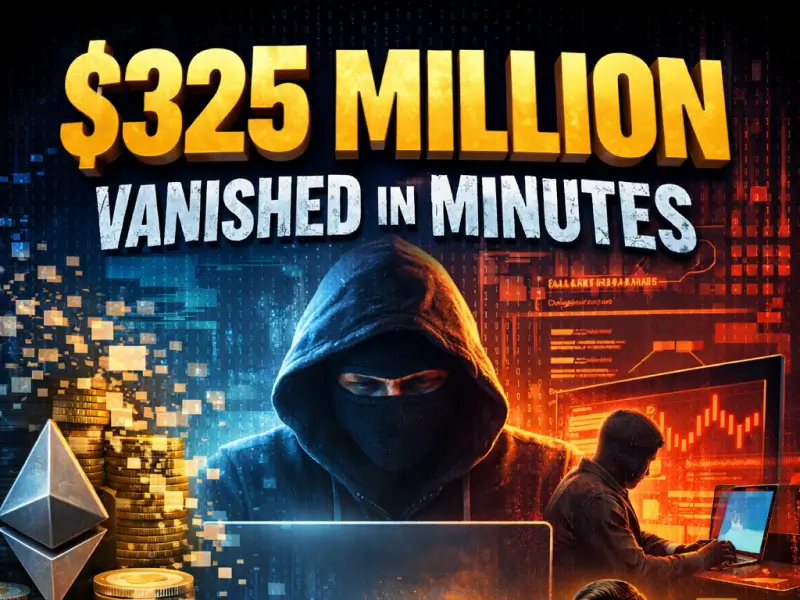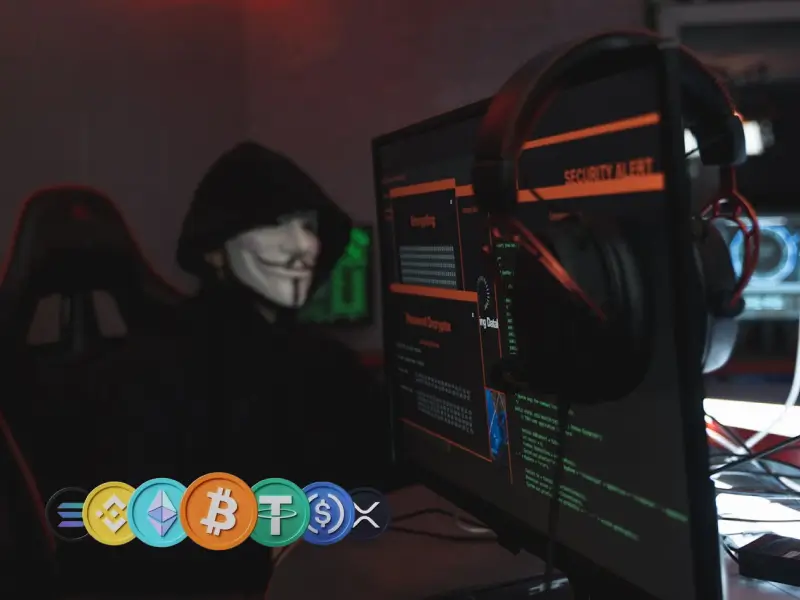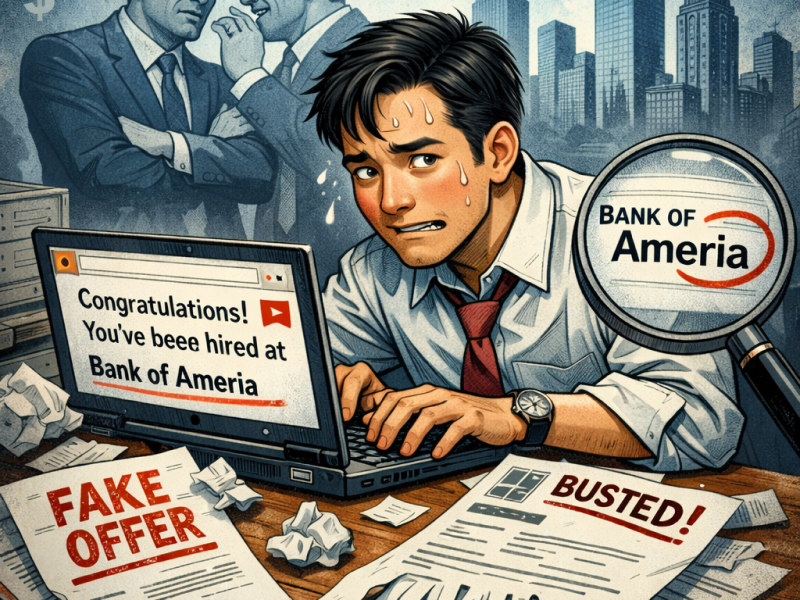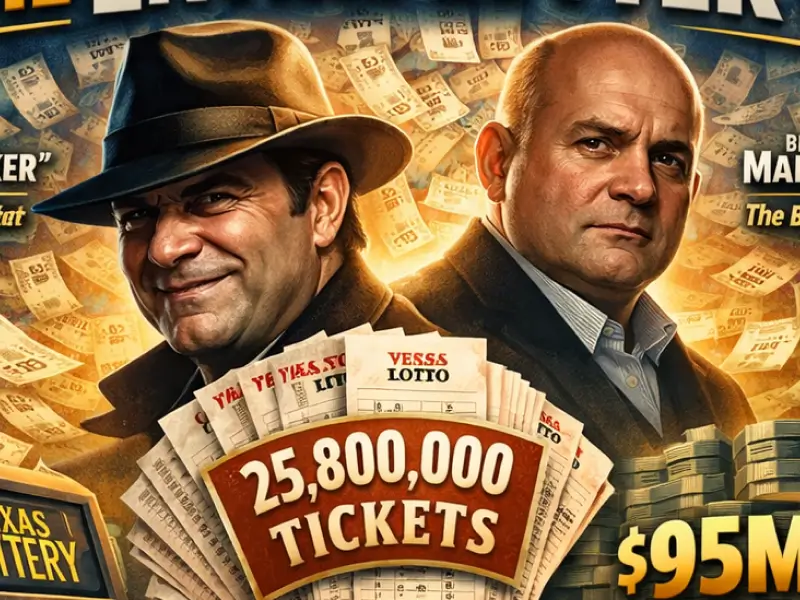AKA "Roaring Kitty"
He was an ordinary retail investor who understood it better than the people running it.

Before he became a symbol a meme, a movement, a middle finger to Wall Street. Keith Patrick Gill was just a quiet analyst livestreaming from a basement room decorated with cat posters and motivational slogans. He called himself Roaring Kitty: a man in a headband, sipping seltzer, calmly explaining price-to-earnings ratios to an audience that barely existed. Behind him, a squeaky office chair and a cheaply lit webcam created a scene that felt almost comedic.
Then, almost overnight, he became the most dangerous investor in America.
This documentary traces how a single retail investor ignited a financial uprising, disrupted multi-billion-dollar hedge funds, and changed the culture of investing forever. But the story is not just about stocks it’s about power, information, and a broken system that never expected the internet to fight back.
Chapter 1
The Nobody Who Read the Fine Print
In 2019, GameStop looked like a fossil. Stores closing, balance sheets bleeding, analysts predicting death. Hedge funds were circling it like vultures, piling on massive short positions so massive that over 100% of all available shares had been shorted.
Most people shrugged. GameStop was the next Blockbuster.
But Roaring Kitty didn’t shrug.
He read. He researched. He spent months digging through earnings reports, SEC documents, and market structure quirks that most institutional analysts ignored.
His conclusion was bizarre, almost laughable:
“This stock is undervalued…
And it’s over-shorted.
Really over-shorted.”
On YouTube, he explained it with charts drawn in red and yellow markers. He wore a red headband not because it was branding, but because it was funny. At first, only a handful of viewers cared.
But on Reddit’s r/WallStreetBets, where chaos is a sport, his analysis spread. He wasn't selling hopium. His arguments were logical, boring even. People listened.
What he uncovered was more than undervaluation it was a structural vulnerability:
If retail investors bought and held long enough, hedge funds would be forced to buy back the shares they had shorted at any price. This wasn't a conspiracy. It was math.
Chapter 2
The Spark Before the Fire
By mid-2020, the world was in lockdown. Millions were stuck at home, jobless, isolated, and online. Stimulus checks hit bank accounts. Robinhood gamified trading. The line between casino and stock market blurred.
This was the environment where Roaring Kitty’s thesis mutated into a movement.
He didn’t tell people to buy. He simply showed what he bought.
He posted screenshots of his position:
$53,000 invested in GameStop, the world’s dullest stock.
Many thought he was insane.
Others thought he was onto something.
But a select few saw an opportunity:
“If we all buy and hold, hedge funds can’t escape.”
The idea wasn’t coordinated—it was contagious.
A meme became a strategy.
A strategy became a rebellion.
Chapter 3
January 2021: The Uprising
The price began to creep upward.
$5… $10… $20…
Hedge funds smelled trouble.
What they didn’t see was the army forming online.
On January 22, 2021, GameStop exploded.
The price doubled, then tripled.
Hedge fund Melvin Capital began bleeding billions.
This wasn’t supposed to happen.
Retail investors weren’t supposed to influence markets at this scale.
They weren’t supposed to have information, organization, or conviction.
But they had Roaring Kitty.
As he calmly posted “I like the stock” and updated his positions, the internet treated him like a general in an online revolution. Not because he was telling them what to do, but because he didn’t flinch.
And then came the most suspicious event of all:
Chapter 4
The Shutdown Heard Around the World
January 28, 2021.
GameStop was in the middle of its historic run. Retail investors were winning for the first time in modern financial history. Hedge funds were panicking. Billions were evaporating from institutional portfolios.
Then suddenly Robinhood froze buying.
You could sell GameStop.
But you could not buy it.
That single action crippled retail momentum and allowed hedge funds to escape catastrophic losses. Robinhood claimed it was due to “liquidity requirements.” Documents show they were under pressure from clearinghouses. But to millions of investors, it felt like the game was rigged.
If hedge funds could bet on failure, why couldn’t retail investors bet on hope?
And why did the system intervene only when the wrong side started losing?
The shutdown wasn’t just a technical decision it was a cultural earthquake. It convinced millions that the stock market was not free, not fair, and not designed for the average person.
Meanwhile, Roaring Kitty kept livestreaming.
Same headband. Same calm voice.
Same message:
“I like the stock.”
Chapter 5
Congress Wants Someone to Blame
Within weeks, the U.S. government reacted.
The public was furious.
The losses from Wall Street were enormous.
Someone had to be punished.
So Congress summoned:
- Hedge fund managers
- Robinhood’s CEO
- Market structure experts
- And the one guy streaming from a basement: Roaring Kitty
Gill appeared not as an anarchist, but as a soft-spoken analyst who loved researching stocks. His statement to Congress became iconic:
“I am not a cat.”
Behind the meme was a message:
He wasn’t manipulating anyone.
He just believed in a trade.
Congress asked if he coordinated a pump-and-dump scheme.
He did not.
They asked if he manipulated a vulnerable market.
He did not.
The uncomfortable truth emerged:
One retail investor exposed structural weaknesses, systemic conflicts of interest, and the fragility of Wall Street’s rules without breaking any of them.
Chapter 6
The Fallout
Even after the hearings, the damage was done:
- Hedge funds lost an estimated $12 billion.
- Robinhood’s reputation collapsed.
- Regulators scrambled to re-examine payment-for-order-flow and clearing requirements.
- Retail investors became more skeptical and more powerful than ever.
Roaring Kitty stepped back from the public eye.
No more daily posts.
No more videos.
He returned to normal life.
But he had already changed the landscape.
GameStop was no longer just a stock.
It was a symbol of broken systems, of financial inequality, of the power the internet could wield when unified.
Chapter 7
The Return in 2024
In May 2024, years after disappearing, a new screenshot appeared under his account:
Roaring Kitty was back.
No words.
Just a familiar portfolio screenshot.
The market erupted. GameStop spiked. Media outlets panicked. Hedge funds scrambled again. Regulators whispered about manipulation but could never prove wrongdoing.
Once again, one man in a headband rattled the financial system not through deception, but through transparency.
His return proved a point:
It wasn’t about the stock.
It was about belief.
And belief is contagious.
Chapter 8
What the System Still Doesn’t Understand
The real investigation reveals something deeper:
Roaring Kitty wasn’t a revolutionary trying to destroy the system.
He was an ordinary retail investor who understood it better than the people running it.
He exposed:
- Massive structural leverage
- Conflicts of interest between brokers and hedge funds
- Outdated clearinghouse rules
- Lack of transparency in short selling
- A system designed to protect capital, not fairness
Wall Street underestimated him because he didn’t look like a threat.
He wasn’t wearing a suit.
He wasn’t on CNBC.
He wasn’t backed by billions.
He had a webcam, Reddit, and the truth.
Chapter 9
The Legacy of Roaring Kitty
Today, Roaring Kitty represents something rare in finance:
A retail investor who wasn’t selling a course, a scam, or a fantasy.
He wasn’t trying to be a guru.
He wasn’t building a following.
He wasn’t even trying to be right.
He was trying to understand.
And in doing so, he accidentally led the largest retail investor movement in modern history.
His legacy isn’t GameStop.
It’s what came after:
- More people reading filings instead of hype
- More skepticism toward hedge funds
- More distrust of brokerages
- More awareness of market structure
- More retail power, even if messy
Roaring Kitty didn’t break Wall Street.
He revealed it.
Final Chapter
The Man Behind the Meme
Who is Roaring Kitty?
A hero?
A villain?
A meme?
A threat?
Maybe none of those.
In this documentary investigation, one truth stands out:
He is simply the person who asked the question Wall Street never expected:
“What if the little guys stop losing?”
And when millions answered with him, the financial world trembled.
Roaring Kitty didn’t roar.
He whispered.
And the echo changed everything.




